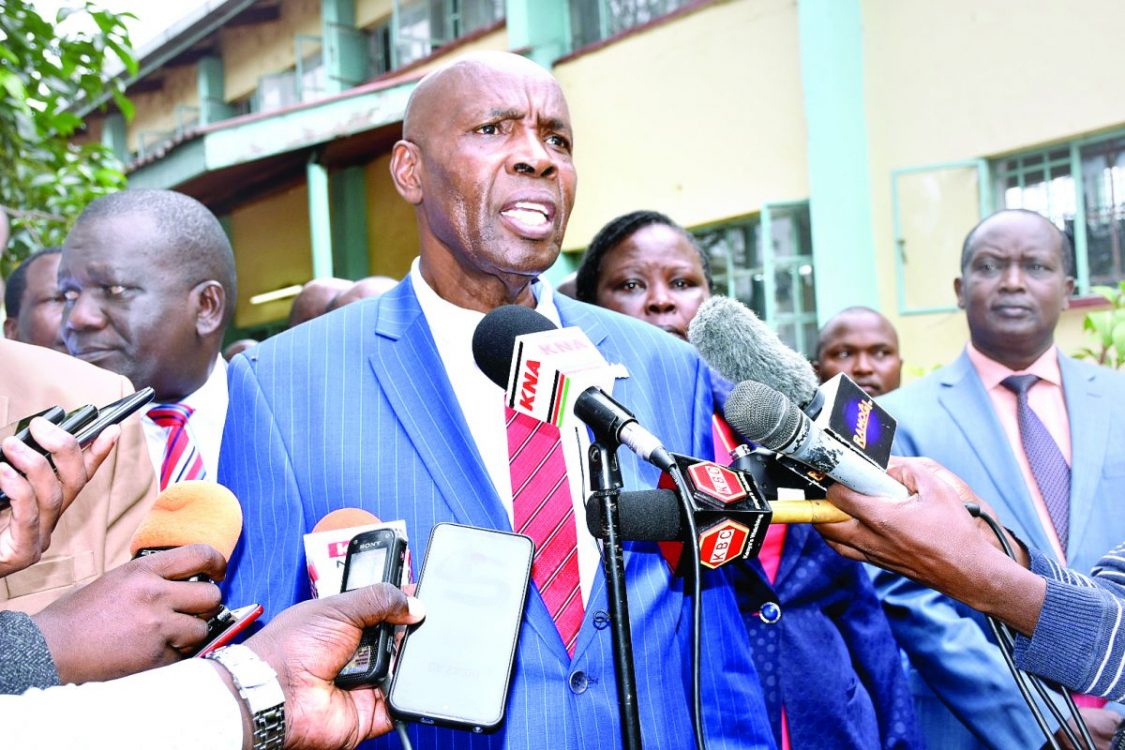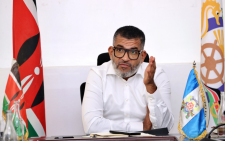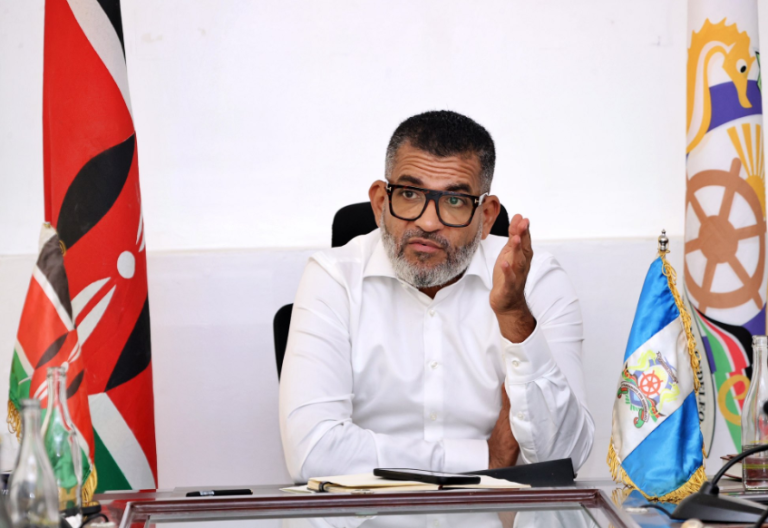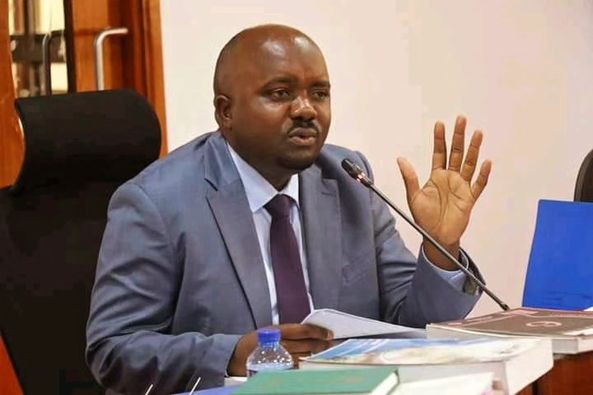Principals cautioned against improper use of school funds

The Ministry of Education yesterday issued strict guidelines to ensure Free Day Secondary Education (FDSE) funds are properly utilised.
Education Principal Secretary Julius Jwan directed County Directors or Education (CDEs) to ensure proper utilisation of the funds as the academic calendar reverts to the normal 39 weeks from 30 that had been set in the revised system.
Jwan said the National Education Management Information System (NEMIS) must be used at all times during admission and transfer of students.
“It is the responsibility of the PS to ensure accuracy of the data available on NEMIS where every eligible learner is fully registered on the platform,” said the PS, in a circular to CDEs dated November 15.
The PS also states that transfer of students should be avoided in the course of the academic year and may only be sanctioned by the Director General under special circumstances.
He said funds will be disbursed using data available on NEMIS at the time of disbursement.
The PS warned that schools that receive government subsidy for students above the enrollment will be penalised and the principal surcharged for loss of public resources as provided in the Public Finance Act, 2012.
Longer calendar
“Principals should ensure that schools’ records on NEMIS are accurate at all times by regularly updating these records. Changes in information on school bank accounts will only be done at the Ministry’s headquarters. Request for change should be generated by the school and forwarded by the Sub-County Director of Education to Director Secondary Education,” the PS directed.
Given that the academic calendar will revert to 39 weeks from January, the PS said that parents will continue to pay approved fees for various category of schools.
He, however, said the government will continue to offer free day schooling, which amounts to Sh22,244 for each learner.
For National and Extra county boarding schools located in Nairobi, Mombasa, Nakuru, Kisumu, Nyeri, Thika and Eldoret, Jwan said the government will provide a subsidy for each learner equal to that of each in day schools.
Special schools
Parents will then pay boarding fees in order to meet costs of learners as well as for maintenance and improvement.
For this category of schools, parents will continue to pay Sh53,554, which brings the total to Sh75,798 annually for each when the government tops up with subsidy of Sh22,244.
For other categories including county and sub-county schools, parents will be required to pay Sh40,535 while the government tops up with Sh22,244 for each learner to give an annual fee of Sh62,779.
Regarding special needs schools, he said, the government will provide an enhanced capitation of Sh57,974 per learner, which includes a subsidy of Sh23,220 for boarding equipment and stores and a top up grant of Sh12,510 to cater for assistive devices and any additional personnel needed.
Parents with learners in special needs schools will then be required to top up Sh12,790.
Strictly cheques
Enrollment data to be used for provision of government subsidy will be obtained from NEMIS in tranches, the first being next month by December 15, second tranche by March 31 while the third by June 30 next year.
Jwan said accountability and smooth implementation is expected in school accounts.
For tuition account, he said banking of the money and all payments to this effect should strictly be made by cheques, adding that funds in these accounts must be utilised for procurement of teaching and learning materials only.
Operations account will be used to bank all government subsidies except the tuition and infrastructure funds, while school infrastructure account is for infrastructure grants from Government and Maintenance and Improvement.
Boarding account, said the PS is for banking funds paid by parents for boarding related expenses while a saving account is for funds from boarding account cash book that cannot be put to immediate use.











